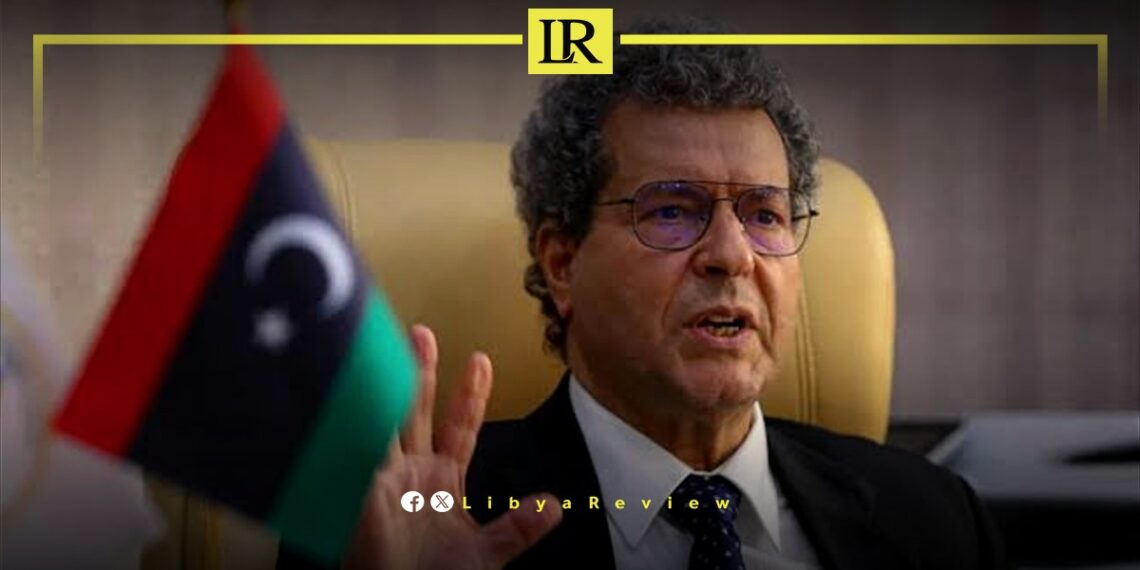Mohamed Aoun, the suspended Libyan Minister of Oil and Gas, has stated his readiness to cooperate with any judicial body in Libya. Aoun emphasised that he has not received any official communication from the public prosecutor regarding his legal status. He speculated that the public prosecutor’s recent action may concern his successor, Khalifa Abdul Sadiq, who is currently serving as the minister.
On Wednesday, the Libyan Attorney General ordered the detention of Khalifa Abdul Sadiq, the acting Minister of Oil and Gas from the Government of National Unity (GNU), on charges of embezzling public funds. In response, Aoun asserted in an interview with Eram Business that he is approaching his 50th year in the oil sector and has never violated any laws. He expressed confidence that the Attorney General has no grounds to imprison him.
Aoun proudly declared, “I have never broken the law and have always acted in the best interests of the Libyan state. I have contributed billions to the country and have never squandered millions for personal gain.”
He further claimed, “No Libyan authority can harm me as I have adhered strictly to the law. Although I was previously suspended by the Administrative Control Authority, that suspension has since been lifted.”
The suspended minister reaffirmed his position, stating, “I am 100% certain of my stance. I am not afraid and am fully prepared to face any judicial authority in Libya.”
Libya has been grappling with political and economic instability since the 2011 revolution, leading to fragmented governance and inefficient resource management. The absence of a unified and transparent financial oversight mechanism has further complicated these issues, making it essential for Libyan leaders and international partners to work together towards sustainable solutions.
The push for a clear financial monitoring system is part of broader efforts to restore stability and ensure that Libya’s resources are managed effectively and transparently. These measures are crucial for fostering economic growth, maintaining national sovereignty, and achieving the political stability necessary for the country’s future.


